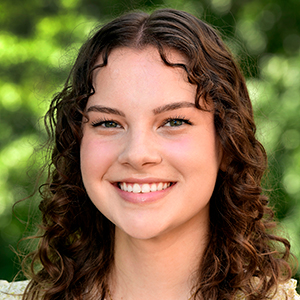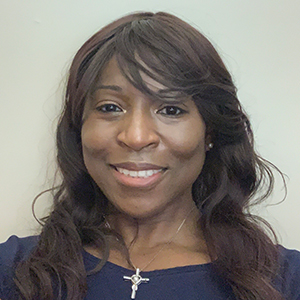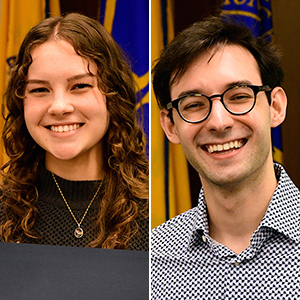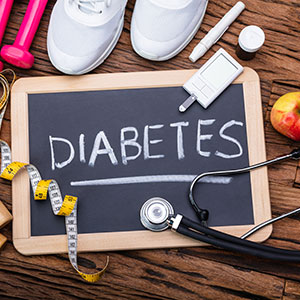“I’m a scientist today because of my high school biology teacher,” said Rick Woychik, Ph.D., director of NIEHS and the National Toxicology Program, to participants in this year’s NIEHS Science, Teachers, and Research Summer Experience (STaRS) Experience.
The STaRS Experience is a professional development workshop for middle and high school science teachers. It strives to spark enthusiasm for environmental health topics that the teachers will, in turn, convey in their classrooms. Designed and conducted by the NIEHS Office of Science Education and Diversity (OSED), the workshop is a partnership with the North Carolina Association for Biomedical Research.
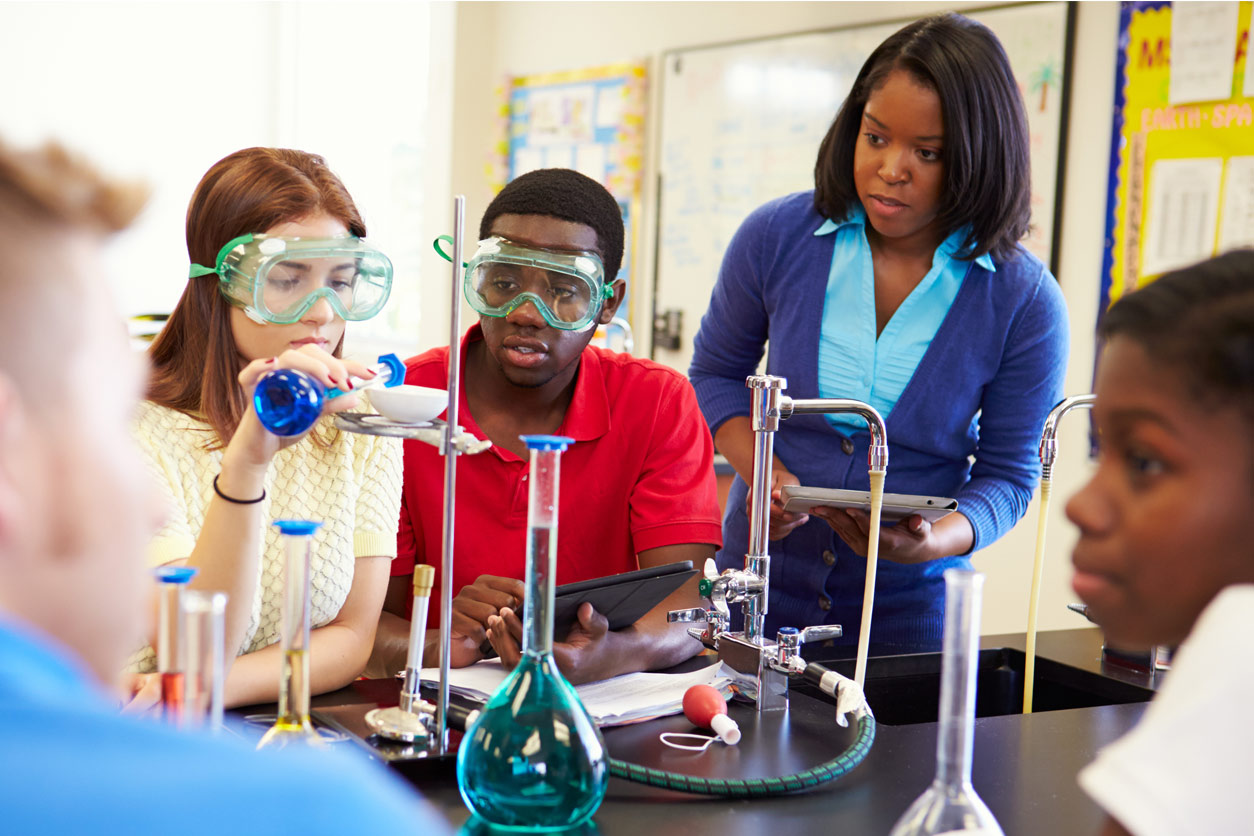 The STaRS program provides teachers with hands-on training in environmental health sciences research and helps them develop new lesson plans to enhance student learning outcomes. (Photo courtesy of Monkey Business Images / Shutterstock.com)
The STaRS program provides teachers with hands-on training in environmental health sciences research and helps them develop new lesson plans to enhance student learning outcomes. (Photo courtesy of Monkey Business Images / Shutterstock.com)Undeterred by pandemic-related challenges, OSED carefully planned and transitioned the program to an online event for a select group of 29 teachers, July 12-16. In past years, it was held in person.
“In the workshop, we try to impart the essential roles that NIEHS plays in improving environmental and public health,” said OSED Director Ericka Reid, Ph.D.
Small groups worked well
A key to the event’s success, as stated by participants, was to divide the larger group into five smaller teams for collaborative sessions, such as developing lesson plans. Each team had a facilitator. Technical staff were on hand throughout the event to handle overall broadcast functions and virtual rooms.
The teachers were paired with others from nearby districts or similar schools. They quickly found similarities with each other that helped them bond, despite the on-screen environment.
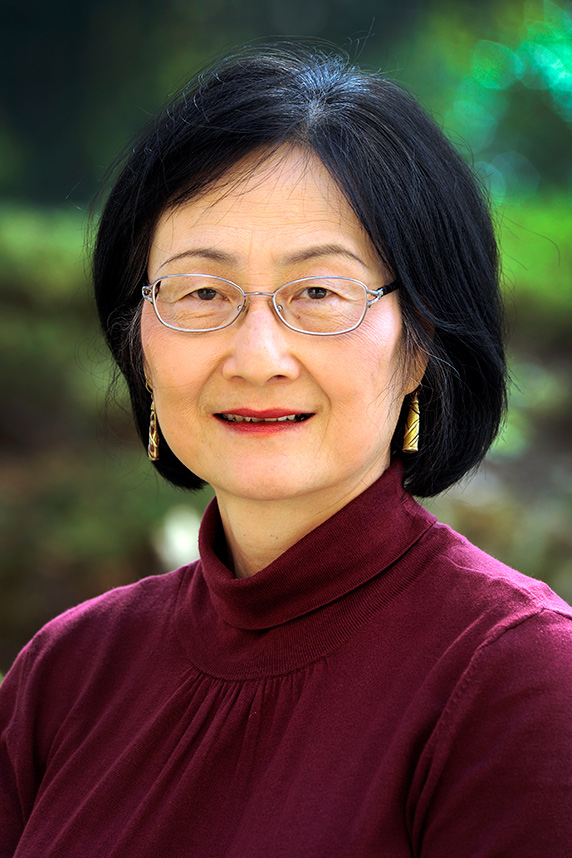 “I have fun planning and leading this workshop, and meeting the teachers,” said Lee. (Photo courtesy of Steve McCaw / NIEHS)
“I have fun planning and leading this workshop, and meeting the teachers,” said Lee. (Photo courtesy of Steve McCaw / NIEHS)“Our small group arrangements were purposeful,” said Huei-Chen Lee, Ph.D., K-12 science education program manager at NIEHS. “We wanted participants to interact with each other in meaningful and lasting ways.”
Expanding scientific literacy
Staff from the NIEHS-supported journal Environmental Health Perspectives(https://ehp.niehs.nih.gov/) talked about critically reading and interpreting scientific articles. Of benefit to educators, this journal is open access, meaning that anyone can read and download its articles for free.
When reading a scientific article, key tips include the following.
- Look at figures and tables first, and develop conclusions based on methods used and data.
- Consider that abstracts and summaries are interpretations by authors based on knowledge at time of publication.
- Remember that science is an iterative process and implications of findings may evolve.
Understanding environmental health research
Throughout the workshop, presenters made complex topics easier to understand. For example, teachers learned how the virus responsible for COVID-19 mutates and what that looks like in the molecule.
In virtual lab tours, participants saw how experiments are actually conducted.
As takeaways, NIEHS staff described resources (see sidebar) to help educators and their students gain better understanding of environmental health sciences research.
Exploring career prospects
“In the sciences, we need people with diverse backgrounds,” said Mike Humble, Ph.D., a science program administrator at NIEHS. “There are many roles to fill in and outside of a lab.”
During a panel on science-related careers, he and five other staff described different jobs at NIEHS, such as the following.
- Providing veterinary care for laboratory animals.
- Overseeing intern and staff development programs.
- Managing research grants.
- Fabricating devices for and maintaining machines in labs.
- Aiding researchers through library and information sciences.
- Applying computer science and programming skills to research efforts.
The teachers now can tell their students about the variety of careers in a research enterprise.
Outreach in a virtual world
Teachers at the workshop represented urban, suburban, and rural schools in North Carolina, from its mountains to coast. Signaling a potential to open the program beyond the state, two teachers were from Pennsylvania.
“We hope to do more virtually,” said Reid. “We’re always considering ways to expand environmental health literacy and science education diversity at all levels.”
(Carol Kelly is managing editor for the NIEHS Office of Communications and Public Liaison.)





